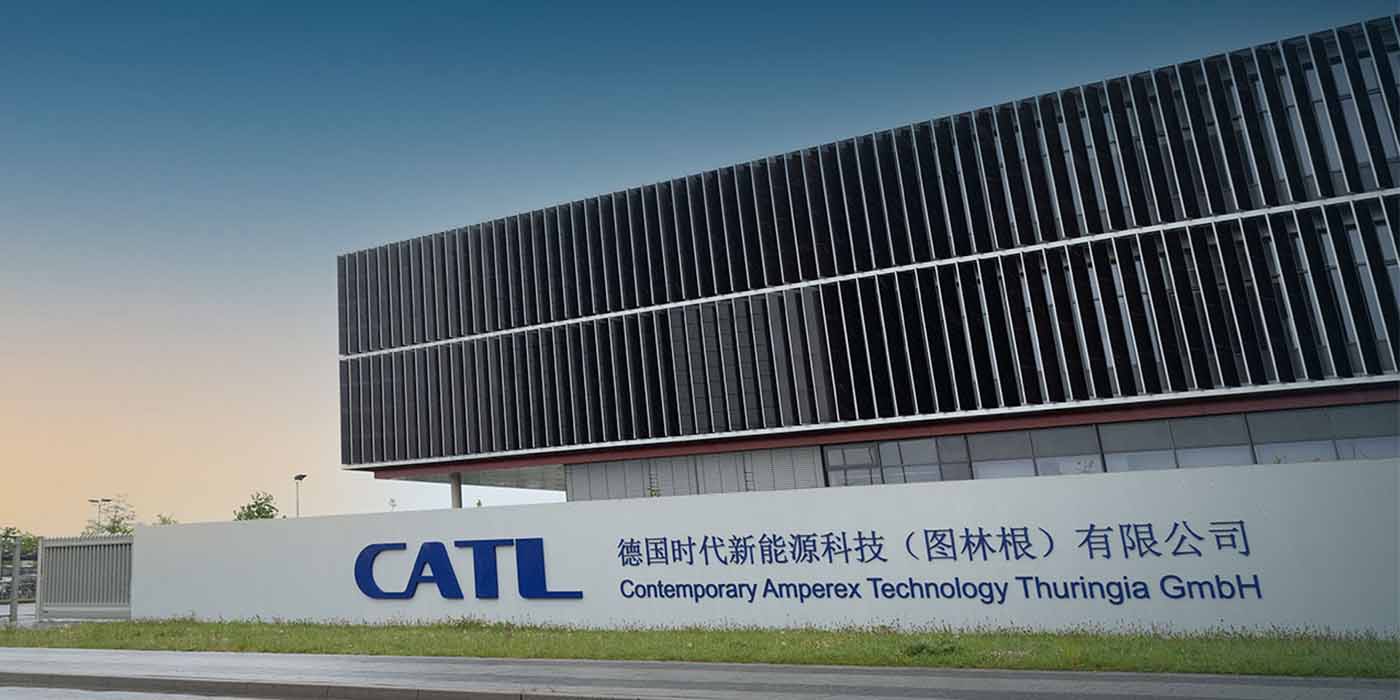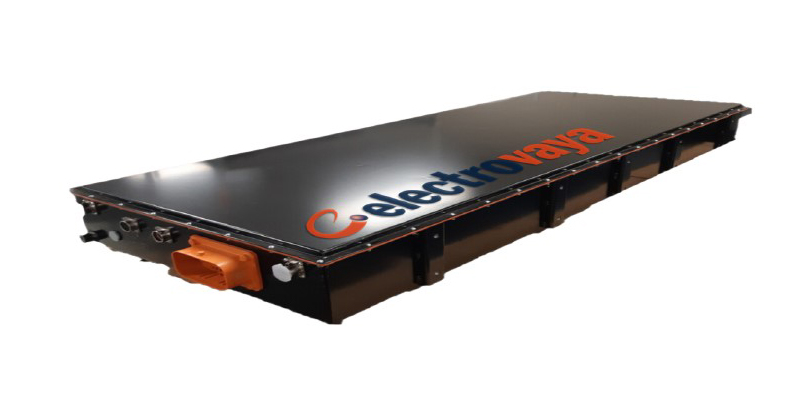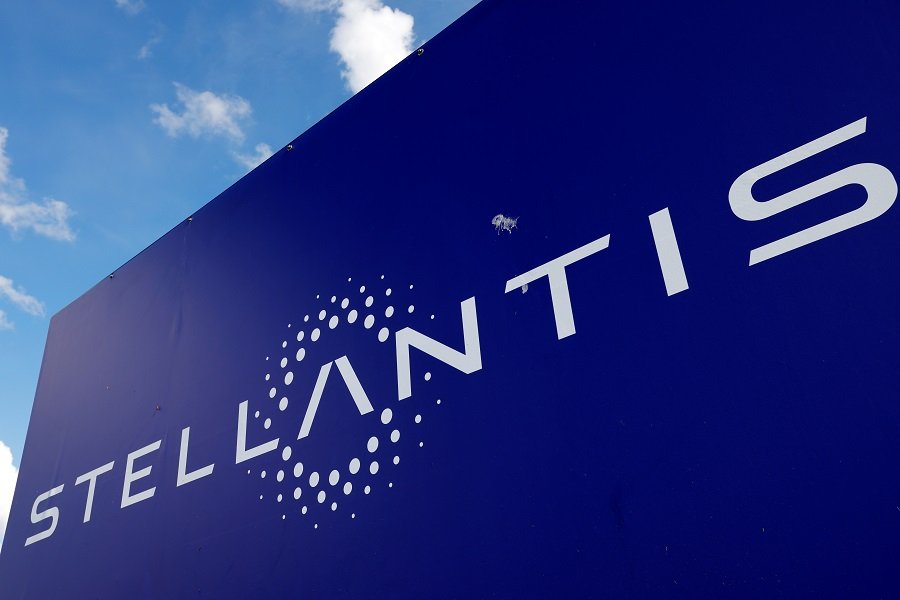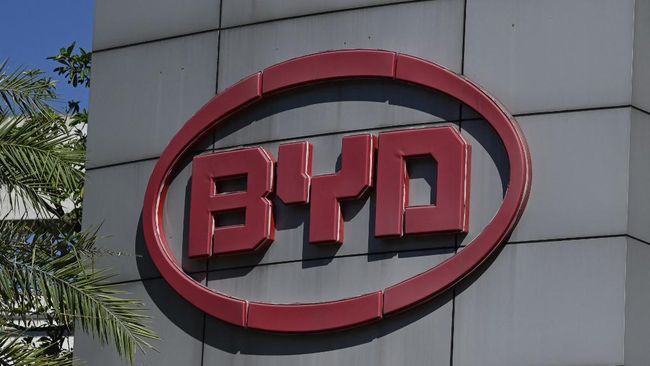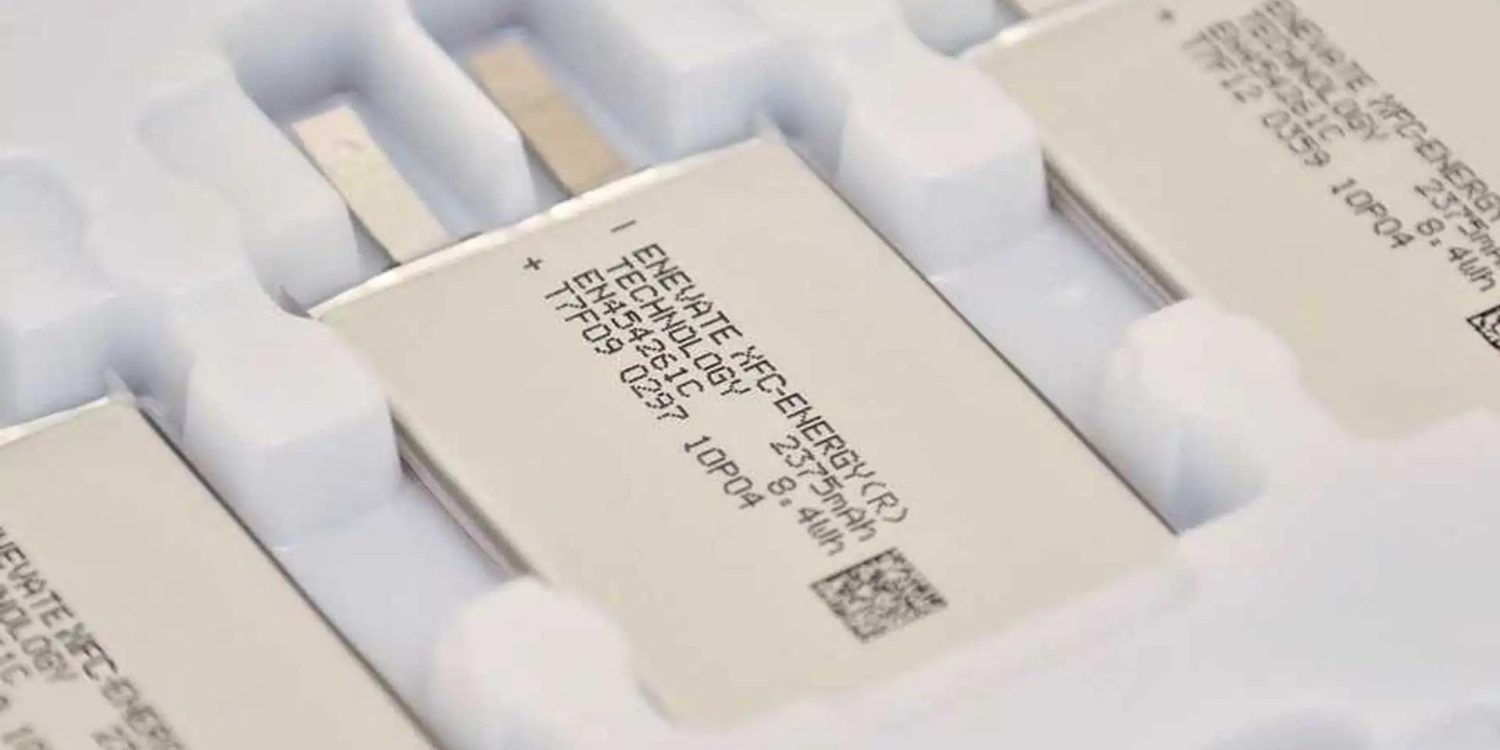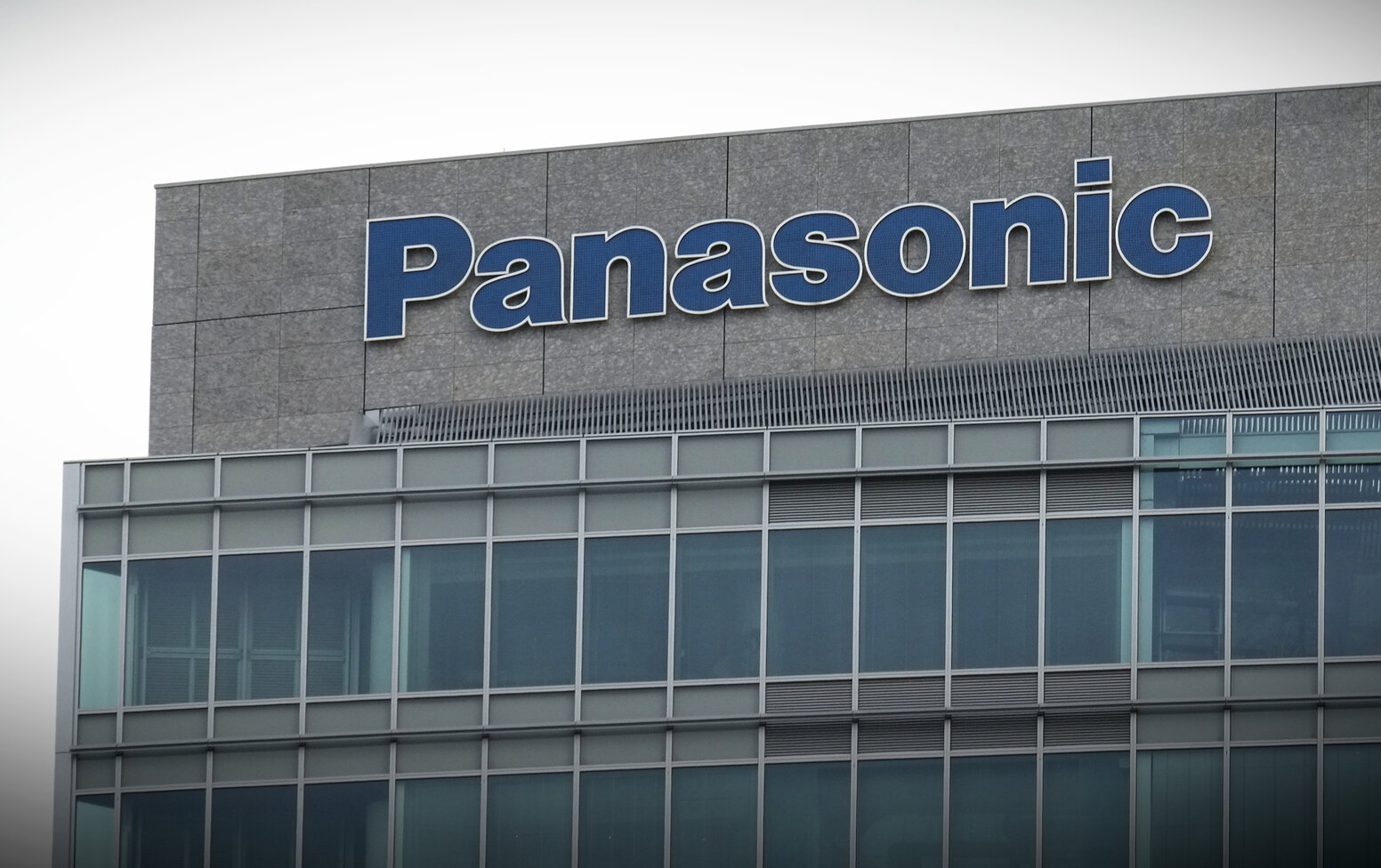In a significant development on Friday, two U.S. House of Representatives committees jointly announced their investigation into Ford Motor’s recent collaboration with the Chinese battery giant, CATL. The partnership, which was revealed in February, involves an investment of $3.5 billion by Ford to establish a battery plant in Michigan, employing CATL’s cutting-edge battery technology.
The House Ways and Means Committee and the Select Committee on China, led by Republican chairs Jason Smith and Mike Gallagher, have raised concerns about the implications of this deal. In a letter addressed to Ford, they demanded answers to critical questions about the partnership and its potential impact on national security and supply chain vulnerabilities.
One of the primary concerns highlighted in the letter is Ford’s dependence on China for essential inputs to produce electric vehicle batteries. The committees warned that this reliance could expose both the company and U.S. taxpayers to the influence of the Chinese Communist Party and its political agendas.
In response to the investigation, Ford issued a statement stating that they are currently reviewing the letter and will provide a comprehensive response. The automaker emphasized its commitment to owning and operating the battery plant in the United States, distancing itself from rivals who import batteries from China.
However, the committees pointed out that a substantial portion of the jobs at the Ford plant would be filled by CATL employees from China. These Chinese employees would play a significant role in setting up and maintaining the plant’s equipment, raising further concerns about potential control and security issues.
Furthermore, the committees expressed suspicion about CATL’s actions following the partnership announcement. They cited public disclosures and media reports suggesting that CATL appeared to divest its ownership stake in companies based in Xinjiang, a region notorious for alleged human rights abuses, particularly against the Uyghur minority. Human rights groups have accused China of using forced labor in internment camps in Xinjiang, though China denies these allegations.
The investigation gains added significance due to the recent passage of the Inflation Reduction Act, which includes provisions to restrict electric vehicle tax credits if any components of EV batteries are manufactured or assembled by entities of concern. Ford is now awaiting guidance from the U.S. Treasury to ensure compliance with these requirements.
Senator Marcio Rubio, a Republican, has also taken an active role in this matter. He urged the Biden administration to conduct an independent investigation into the Ford-CATL deal and introduced legislation that seeks to deny consumer tax credits for EVs that utilize CATL technology.
As the investigation unfolds, stakeholders are closely monitoring the potential impact of this high-profile partnership on the U.S. automotive industry and national security concerns surrounding the supply chain. The outcome of the House committees’ inquiry and Senator Rubio’s legislative efforts could shape the future landscape of electric vehicle development and collaboration between American companies and foreign entities.

